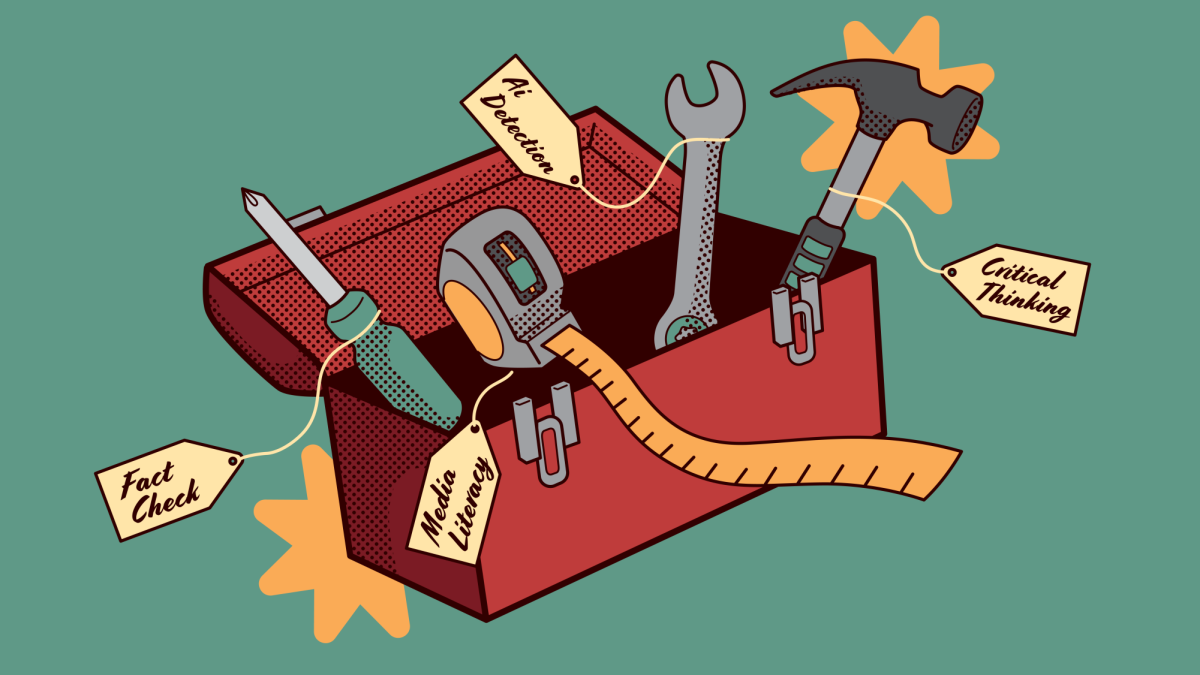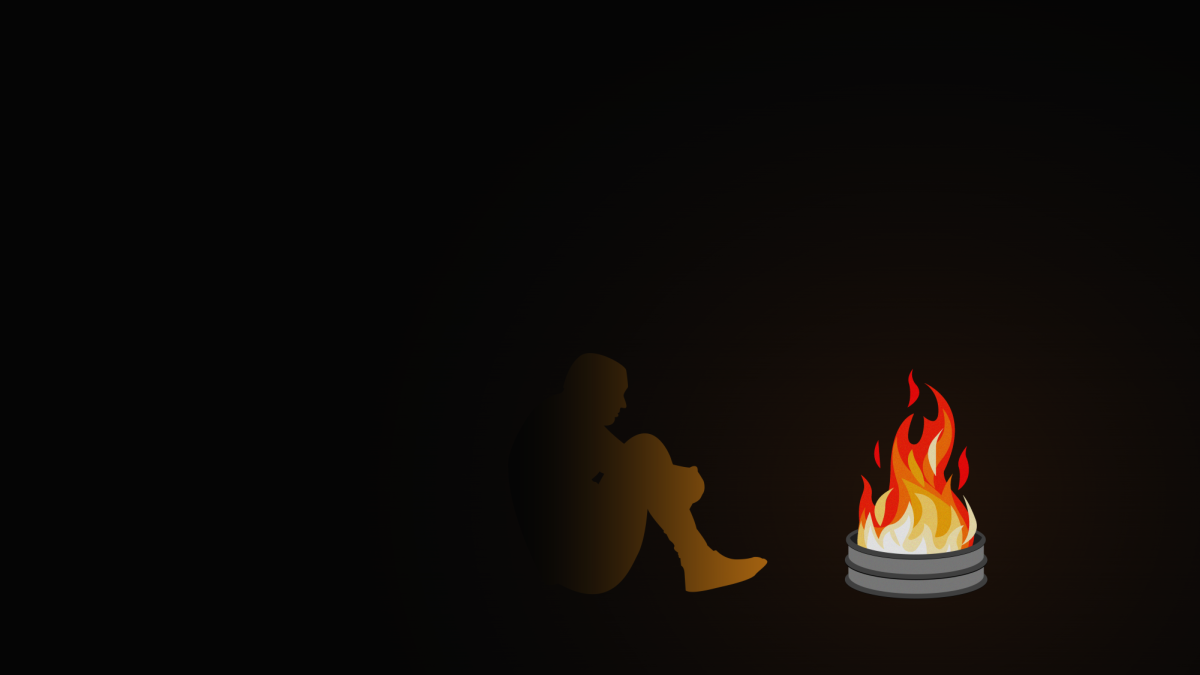I was cleaning out my childhood room a couple months ago and stumbled upon a bright pink Bratz journal wedged underneath my mattress. I recognized it from my elementary school days and gave a little smirk. Whatever was inside, I knew it was going to be good.
Little me had quite a lot to say. I drew a series of fruits wearing sunglasses. I described days on the playground with friends, trips with my grandpa out to Antelope Island and made up short stories. There was an entire page talking about how much I (as an 8- or 9-year-old) hated President George W. Bush.
As I read on, I noticed something that seemed unusual to me. Some of the things I was writing were not what you would expect from an elementary school-aged girl. I wrote cumulative pages about how sad I was feeling about school, friends or family. I worried whether my friends liked me or not. I talked about how I needed to be better at school despite my high marks. At the top of one page were the words “I’m so stressed,” followed by several pages explaining why I was stressed out.
Worrying too much, being sad most of the time, excessive stress, paranoia, feelings of inadequacy; these were symptoms of depression and anxiety.
I wasn’t given a diagnosis of my mental illness until my sophomore year in college, at least 10 years after my symptoms started becoming apparent. I have major depressive disorder, anxiety disorder and panic disorder. I’m on medication. I’m in therapy. And I’ve never felt better.
Unfortunately, many people like me live with a mental illness for a long time before realizing it.
Mental illness is more common than you might think. One in four people experience mental illness in their lifetime, but the number of people who seek treatment or who are diagnosed is drastically lower. In college, depression and anxiety often develop in students because of stressors in our lives: grades, work, money, family issues, etc. Some people experience temporary depression and anxiety, and for some, like me, it is a lifelong condition.
The problem comes from a combination of lack of education and stigma surrounding mental illness.
In school, there’s not much education surrounding what mental illness is, what the symptoms are or why it happens. Without knowledge of mental illness, it’s incredibly difficult to recognize when someone else may be struggling, let alone when you’re struggling yourself. Beyond that, mental illness is seen as something that is crazy or insane. Alternatively, people who have a mental illness are perceived to be making it up or begging for attention.
I resisted going on medication for a long time because I had grown to believe that if you have something serious enough to need medication, you were too far gone to ever be “normal” again.
Before I started medications my sophomore year of high school, I was having daily panic attacks, suicidal thoughts and struggled to get out of bed most days. It’s not uncommon that symptoms grow to these levels before someone gets help.
When mental illness is so heavily stigmatized, when people don’t know enough to recognize when someone is struggling, when people are convinced that they would have to be “crazy” to have something like depression or anxiety, it can be dangerous. Stigmas hurt people who are experiencing mental illness. It prevents people from getting the help that may improve their quality of life. It makes them feel like they can’t reach out to family or friends for assistance, and it drives them away from seeking treatment or care when they need it or when they may be in danger.
Having a mental illness doesn’t make you any less normal. Seeking treatment doesn’t make you insane. Mental illness is just like any other illness.
It’s time to stop stigmatizing mental illness and recognize that it is rather common, something that is treatable and something that is perfectly okay.


















Harold A. Maio • Nov 1, 2017 at 1:25 pm
—The problem comes from a combination of lack of education and stigma surrounding mental illness.
When one is educated to a “stigma”, one has already experienced what a lack of education can do. History is replete with examples of why we ought not teach stigmas. We seem not to learn.
Behind the guise “stigma” provides are the realities, prejudice and discrimination. Those are what we need to be exposing.